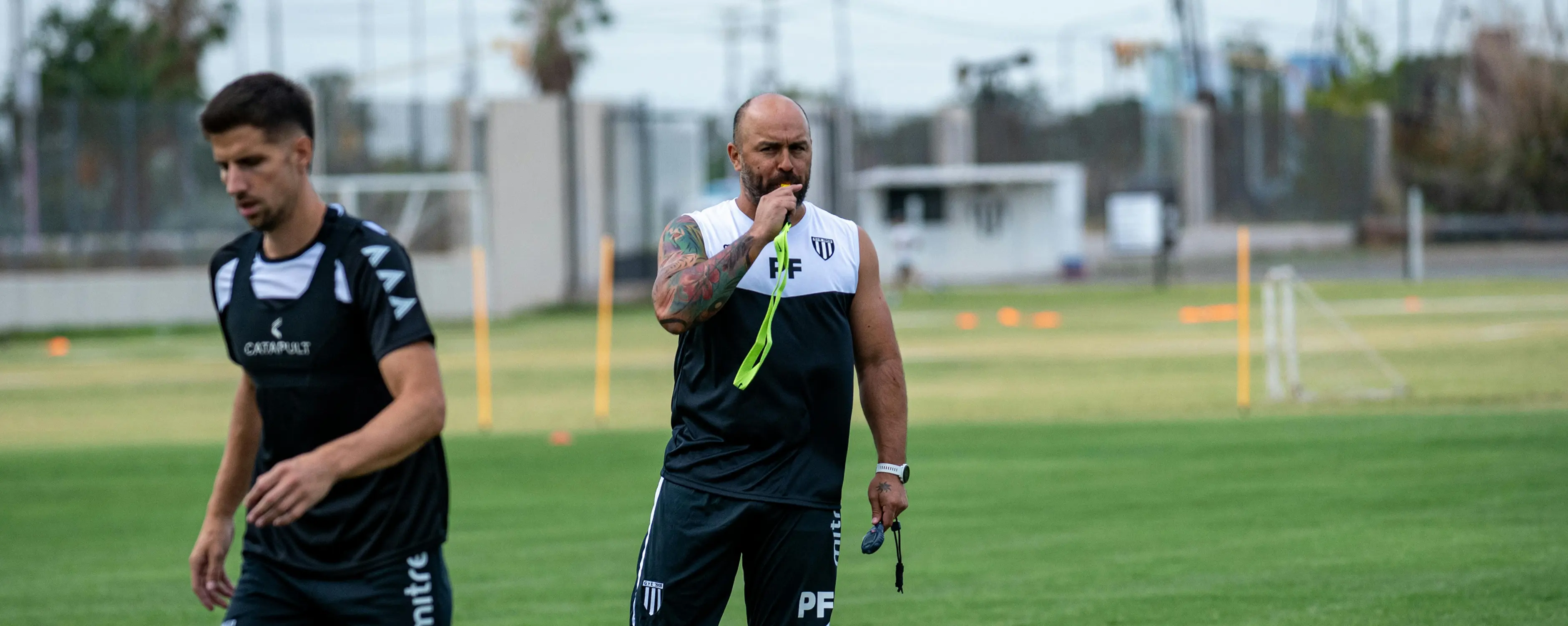
Strong communication is the backbone of every successful football team. It allows players to anticipate each other’s moves, react faster, and build trust on the field. Without clear signals and coordination, even the most skilled athletes can miss opportunities.
Effective communication also helps reduce errors. When players call out plays, give quick instructions, or signal for support, it ensures everyone is aligned toward a common strategy. This minimizes confusion and boosts confidence.
Beyond gameplay, communication fosters team spirit. Open dialogue in practice, feedback during drills, and post-match discussions build relationships, making the team stronger both mentally and emotionally.
A team captain acts as the central communicator between players and coaches. Their ability to motivate, delegate, and give constructive instructions sets the tone for the rest of the team.


In football, communication is not just about words—it’s about building synergy. Teams that speak, listen, and trust each other ultimately perform at higher levels.